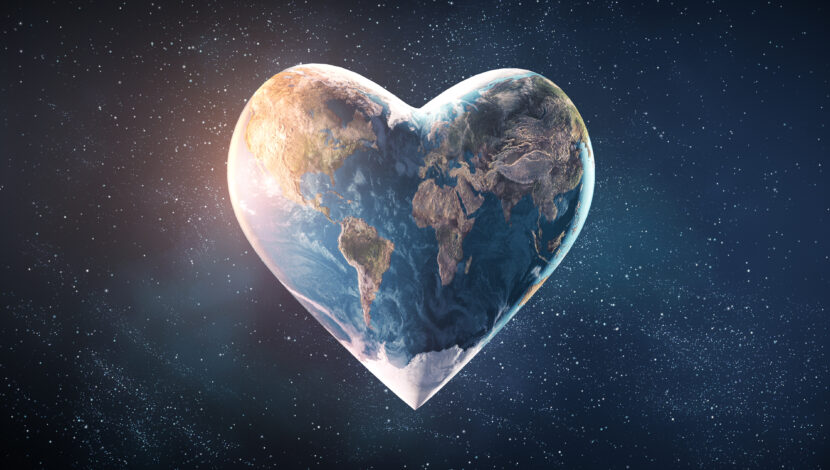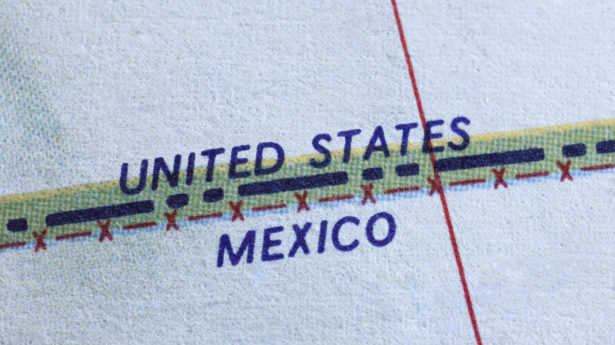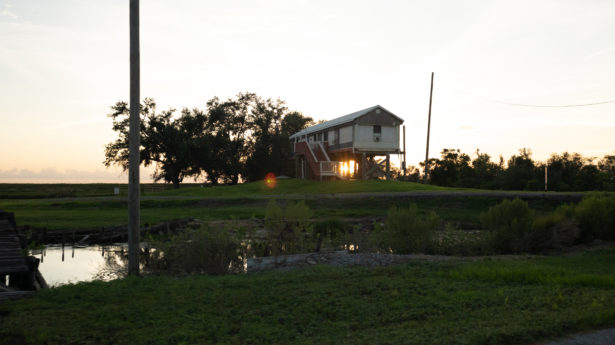The Unitarian Universalist Service Committee advances human rights through grassroots collaborations.
3 Global Problems That Call for Peace

By Mike Givens on September 21, 2022
September 21, 2022, is the United Nations’ International Day of Peace, a 24-hour period of non-violence. UUSC and its members are devoted to justice, equity, and harmony amongst and between all, values that transcend political, social, racial, national, and cultural differences. This year’s theme is “End Racism. Build peace.”
It’s unfortunate that we live in a world that is daily marred by violence, unrest, and conflict. The world aches, and that suffering is only compounded when we take stock of the tremendous role racism plays in sowing division, distrust, and dehumanization. In honor of the UN holiday, here are five global problems that are in dire need of peace, nonviolence, and equitable solutions:
The U.S. Immigration System
It’s an unfortunate fact that the immigration system in the United States is entrenched in racist policies. On the southwest border, we see the Biden administration continue to use such vicious and intolerant policies as the Migrant Protection Protocol, Title 42, and metering to not only shutter the nation’s borders, but expeditiously eject thousands of people out of the country without due process. Those who suffer under these policies are predominantly people of color—particularly people from Central and South America. As one of the most powerful nations in the world, the United States has an obligation to set a high standard in terms of how it treats people exercising their human right to migrate. If we peel back the layers and understand the complicity of the United States in the dysfunction and oppression inflicted upon thousands of people in these nations, we are hit with the startling irony that the nation has no interest in providing refuge to those who have suffered from its interference. President Biden can—and should—do better.
Respect for Indigenous Sovereignty and Wisdom
Indigenous communities around the world are forced to confront the impacts of climate change on a daily basis. From subsidence—also known as land erosion—to droughts, these communities are routinely subjected to harsh weather and environmental conditions that make it incredibly difficult to remain in place. Thousands of people have been forced to either adapt to more rugged conditions or leave their homes and communities altogether. What we don’t see for these communities is a united international commitment to help them address climate change impacts. From the Pacific Islands to Central America, the austere conditions brought upon the earth have ushered in a fresh wave of environmental racism—Indigenous communities experience the diminishing and dehumanizing behavior that many institutions heap upon them when they are treated as second-class citizens in the development of solutions. If we are truly committed to peace, we must dismantle systems, institutions, and policies that intentionally deny the power inherent in Indigenous wisdom. Members of Indigenous communities—the least likely to contribute to the impacts of climate change—deserve our respect. These communities are doing the important work of addressing the impacts of climate change so that future generations may inherit the wisdom and experience needed to preserve the earth. We must humble ourselves, actively listen, and build collaborative relationships. Otherwise, we risk losing access to solutions that preserve our lives and communities.
Justice for the Rohingya
More than five years ago, the Burmese (Myanmar) government commenced a terrifying ethnic cleansing campaign aimed at Rohingya Muslims. In that time, thousands have either died or been displaced, a predicament made even more tragic when the military staged a coup in February 2021 that would go on to indiscriminately kill and disappear thousands more people. It’s evident that a strong international response is necessary, yet the United States and other nations have thus far made little effort to curb the immense amount of violence happening in Burma. Terms like “clearance operations,” “genocide,” and “ethnic cleansing” should immediately garner a response of righteous anger and determination to see justice through. Yet, more than five years later, we are still seeing tepid responses from the international community. Disappointingly—but not surprising—economic interests often trump human life, as we see the United States and other nations continue purchasing oil and gas from Burma despite the atrocities the military is committing.
These are just three problems in need of equitable solutions and peace. UUSC and its members will continue the invaluable work of ensuring that all communities are able to experience peace and justice and build a world where discrimination, bigotry, violence, and hatred are replaced with understanding, acceptance, compassion, and love.
Photo Credit: DKosig

